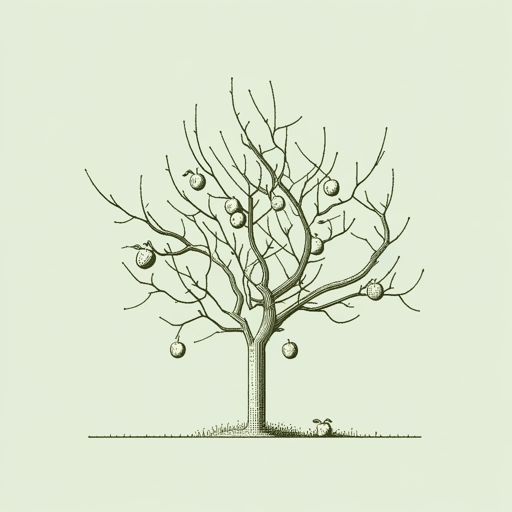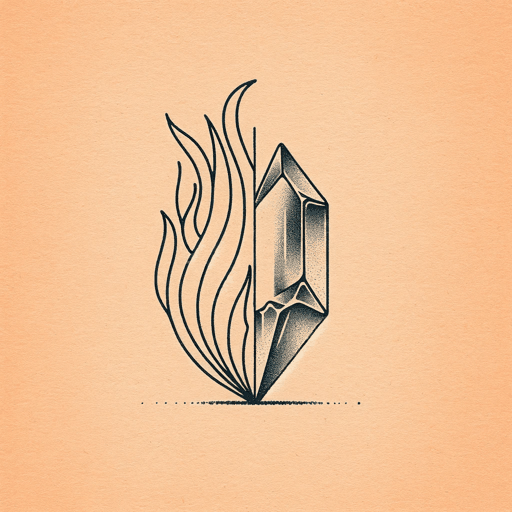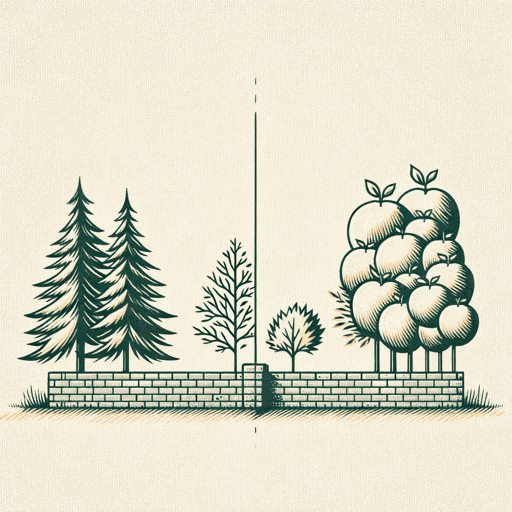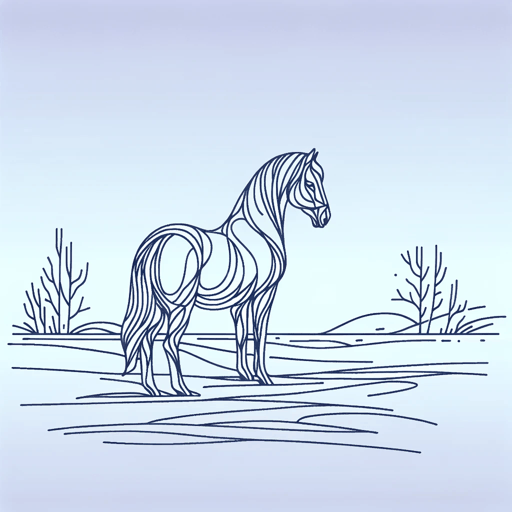18 pages • 36 minutes read
Robert FrostThe Gift Outright
Fiction | Poem | Adult | Published in 1941A modern alternative to SparkNotes and CliffsNotes, SuperSummary offers high-quality Study Guides with detailed chapter summaries and analysis of major themes, characters, and more.
Background
Historical Context: Colonization, Slavery, and the Lower Socioeconomic Class in the United States
In Critical Companion to Robert Frost (Facts on File, 2007), the literary scholar Deirdre Fagan examines Frost’s poem and quotes him saying “The Gift Outright” is “a history of the United States in a dozen lines of blank verse” (138). The poem is 16 lines, not 12, and it omits explicit references to slavery and Indigenous people.
American historians like Howard Zinn and Roxanne Dunbar-Ortiz document the violent, deadly history of America. Speaking for Americans, Frost’s speaker states, “The land was ours before we were the land's” (Line 1). Yet the land didn’t belong to Americans, and the established presence of Indigenous people isn’t, as Dunbar-Ortiz says in An Indigenous Peoples' History of the United States (2014), an “accusation” but a “historical reality” (quoted from eBook edition, unpaginated). Indigenous people were there first, and they didn’t leave the land “unstoried, artless, unenhanced” (Line 15) but created advanced societies with roads, surgery, medicine, and dentists. The early colonists (future Americans) largely survived because the Indigenous people built up a fair amount of the territory.
As the Americans waged war against Indigenous people, they enslaved millions of Black people to cultivate profitable crops like tobacco and cotton and build key American structures like the White House.
Related Titles
By Robert Frost

Acquainted with the Night
Robert Frost

After Apple-Picking
Robert Frost

A Time To Talk
Robert Frost

Birches
Robert Frost

Fire and Ice
Robert Frost

Mending Wall
Robert Frost

Nothing Gold Can Stay
Robert Frost

October
Robert Frost

Once by the Pacific
Robert Frost

Out, Out—
Robert Frost

Putting in the Seed
Robert Frost

Stopping By Woods On A Snowy Evening
Robert Frost

The Death of the Hired Man
Robert Frost

The Road Not Taken
Robert Frost

West-Running Brook
Robert Frost

